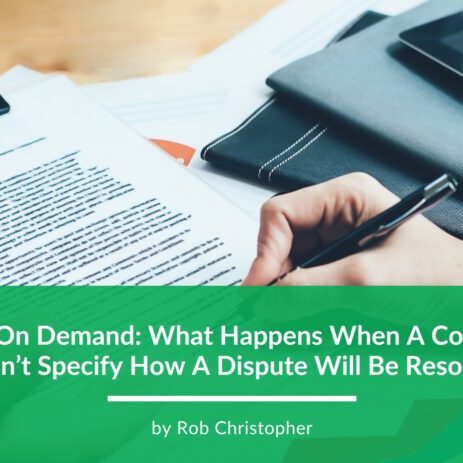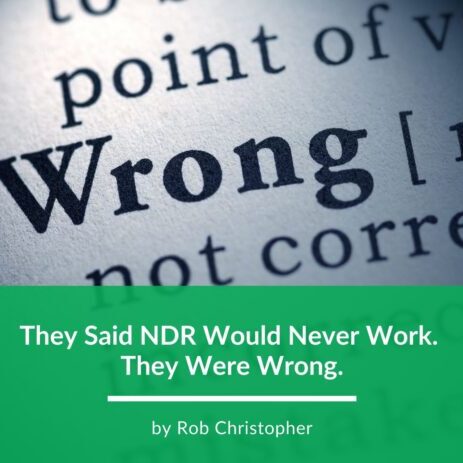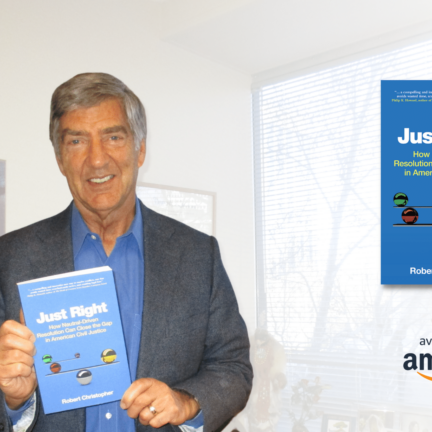Who Decides?
Who decides the outcome of your dispute when you can’t resolve it yourself? The answer, as any good lawyer will tell you, is “it depends.” It depends on what dispute resolution method the parties choose to use and what kind of a dispute it is.
Judge or Jury
If you litigate thru trial in State or Federal Court, a judge or jury will decide your case. Usually, if there is a potentially strong emotional element to the case, at least one party will want to choose a jury trial for the disputed facts in the case. Otherwise, a judge will hear and decide both the disputed facts and applicable law. . Experts differ widely on whether juries tend to promote or impede justice in civil disputes between private parties. Jury trials certainly make resolving a dispute more expensive. Judges may be elected or appointed and even though you have almost no say with respect to which judge is assigned to your case, suffice it to say that most judges are trying to do a good job in deciding the cases before them. Potential drawbacks of judges can come into play when they are subject to an overflowing docket or they are assigned cases on complex subjects in which they have limited or no knowledge and expertise (e.g. patent license disputes or construction defect disputes).
Arbitrator
If your contract contains a clause agreeing to arbitration or mediation first (or even instead of litigation), then an arbitrator or mediator may decide your dispute. Like going to court, arbitration rules require a certain adversarial process to be followed, including the choosing of the arbitrator or panel of arbitrators. Arbitrators may be retired judges or industry experts.
Mediator
Mediation may be a more relaxed process than arbitration, but it too is an adversarial process driven by opposing attorneys who investigate, brief and present their clients’ arguments to the mediator. Like arbitrators, mediators may be retired judges or industry experts, as the parties choose.
Business People
For disputes arising from business relationships, some may be resolved directly by the business people who negotiated or performed a contract in the first place. For example, top corporate officers or managers of the parties can themselves agree to sit down and work things out without lawyer advocates. These people may have familiarity with the dispute from the ground up.
Neutral Arbiter
Finally, another method combines elements from each of the above. Just Resolve uses a neutral driven process (not lawyer driven) led by mutually chosen “Arbiters” who may be industry experts or retired judges, depending on the needs of the dispute. The Arbiters interact directly with the parties’ principals to perform a swift and practical investigation, help the parties negotiate a settlement (if desired), and, if necessary, render a decision for the dispute. The time and cost associated with this neutral approach are a fraction of those involved with any adversarial process.
Who do you want deciding your dispute and how?
More to read
NDR on Demand: What Happens When a Contract Doesn’t Specify How a Dispute Will Be Resolved?
The best way to deter threats of litigation and minimize the costs, duration, and distractions of resolving any dispute is to put a dispute resolution clause specifying NDR — Neutral-Driven Resolution — in all your contracts BEFORE there is a problem. That means that if a dispute should arise between a business and a contractor,…
They Said NDR Would Never Work. They Were Wrong.
Many people are surprised by how effective NDR can be. Since publishing my book and speaking at events about NDR (Neutral-Driven Resolution), I’ve often been asked a simple question: Does it work? And if it really does lower the costs and the time it takes to settle common disputes, why doesn’t everybody know about…
“Morgan Hill author releases new book”
The Morgan Hill Times featured Rob’s new book in an article ahead of his “Meet the Author” night at Booksmart. “Legal disputes and conflicts cost businesses billions of dollars a year in lawyers’ fees, lost productivity, time and aggravation. A new book by Morgan Hill author Robert Christopher proposes an innovative, faster and simpler way…
Not All Disputes are Equal
Not all business and legal disputes are alike, and not all of them can be resolved in the same way. In writing my book Just Right: How Neutral-Driven Resolution Can Close the Gap in American Civil Justice, it was important to distinguish the types of common disputes for which NDR is most suitable. As readers…



